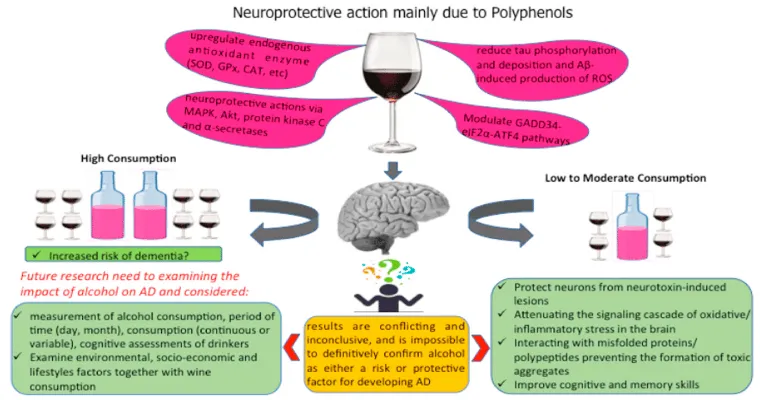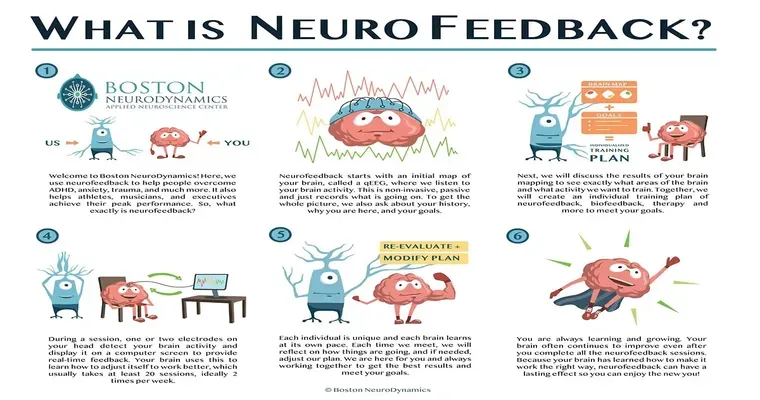In recent years, there has been a growing interest in the relationship between "moderate wine consumption" and "dementia". Many people are exploring whether enjoying a glass of wine can be part of a healthy lifestyle for those at risk of or diagnosed with this cognitive condition. While the connection between alcohol and brain health has been extensively studied, the findings can often be confusing. This article aims to clarify the role of moderate wine consumption in relation to dementia, drawing on the latest research and expert opinions.
Understanding Moderate Wine Consumption
Before diving into the effects of wine on cognitive health, it is essential to define what constitutes "moderate wine consumption". Generally, moderate drinking is defined as up to one glass of wine per day for women and up to two glasses per day for men. This level of consumption is often associated with a variety of potential health benefits when incorporated into a balanced diet.
The Research Behind Wine and Dementia
Recent studies have indicated that moderate wine consumption, particularly red wine, may have protective effects against certain types of dementia, including Alzheimer’s disease. The key component believed to contribute to these protective effects is "resveratrol", a powerful antioxidant found in the skin of red grapes. Resveratrol has been linked to improved vascular health and reduced inflammation, both of which are crucial for maintaining cognitive function.
Additionally, moderate wine drinkers often exhibit healthier lifestyle choices, such as a balanced diet rich in fruits and vegetables, regular physical activity, and social engagement. These factors can collectively contribute to better cognitive health and a lower risk of dementia.
Expert Opinions on Wine and Cognitive Health
Experts in neurology and geriatrics are increasingly recognizing the nuanced relationship between wine consumption and cognitive health. While excessive alcohol consumption is undeniably harmful and can lead to cognitive decline, moderate intake may not pose the same risks. Some neurologists suggest that the social aspects of drinking wine, such as sharing a meal with family or friends, can also have positive effects on mental well-being.
However, it is crucial for individuals, especially those with a family history of dementia or existing health concerns, to consult with their healthcare providers before making any changes to their drinking habits. Personal health factors should always take precedence over general recommendations.
Alternative Perspectives
It's important to note that while some studies advocate for the potential benefits of moderate wine consumption, others urge caution. The effects of alcohol can vary widely among individuals, and some may experience negative consequences even with moderate intake. For those with certain medical conditions, medications, or a history of substance abuse, any level of alcohol consumption may be discouraged.
Conclusion
As the conversation around "moderate wine consumption" and "dementia" continues to evolve, it becomes clear that moderation is key. While there is emerging evidence suggesting that moderate wine drinking may not pose a danger to individuals with dementia, personal circumstances and health status are paramount. Ultimately, maintaining a balanced lifestyle that includes healthy eating, physical activity, and social connections is vital for cognitive health. Always consult with healthcare professionals to make informed decisions about alcohol consumption and its implications for brain health.





